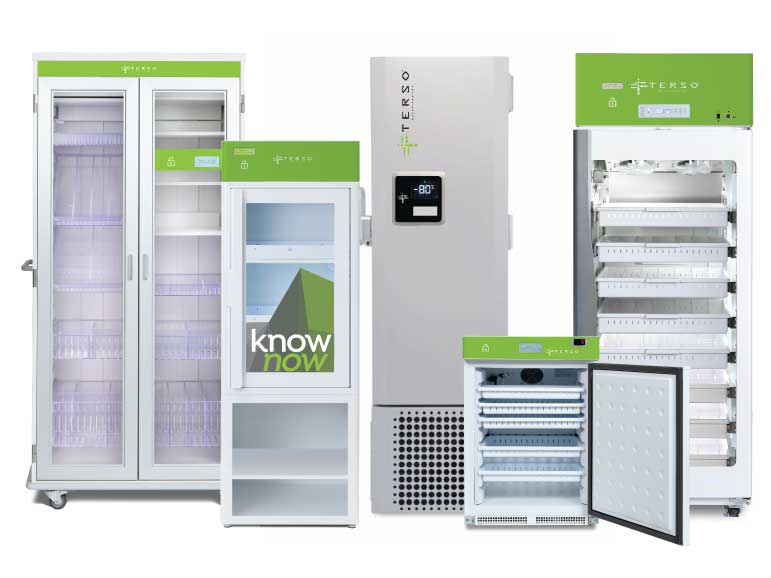The specialty pharma industry is at the forefront of delivering groundbreaking treatments for the world’s most complex and life-threatening diseases. However, the sector faces a range of significant challenges that must be addressed to fully realize its potential. Navigating these challenges—rooted in regulatory, logistical, and operational complexities—is crucial as the industry continues to expand. With 80% of FDA-approved drugs in 2023 classified as specialty drugs, the stakes have never been higher. Let’s take a look at 5 critical challenges and the strategic solutions industry leaders could embrace to address them.
1. Manual Processes: Streamlining Operational Efficiency
One of the most pressing challenges is the continued reliance on manual processes. Approximately 50-80% of pharmaceutical quality issues are linked to human error in tasks such as order processing, inventory management, and data entry. To mitigate these risks, the industry must accelerate the adoption of automation and digital solutions. For instance, cloud-based inventory management systems and IoT-enabled sensors offer real-time visibility into drug shipments, significantly reducing error rates and improving supply chain efficiency.
2. Temperature Control: Ensuring Product Integrity
Temperature control is another critical issue, especially given that 32% of the pharmaceutical market consists of temperature-sensitive products. Maintaining these products’ integrity throughout the supply chain is essential to ensure patient safety and drug efficacy. However, recent data indicate that 37% of temperature-sensitive drugs experience temperature deviations during storage. Advanced temperature monitoring and control systems, such as IoT-enabled sensors, can track and manage conditions in real time, preventing product loss and ensuring compliance with regulatory standards.
3. Strict FDA Regulations: Managing Compliance in a Complex Regulatory Environment
Compliance with FDA regulations presents another layer of complexity. Specialty pharma must adhere to rigorous standards across the entire product lifecycle, from development to distribution. The adoption of technologies such as RFID, barcoding, and blockchain is proving essential in this regard. These tools create detailed, traceable records of each product’s journey, enhancing both compliance and quality assurance. As regulatory frameworks evolve, these technologies will be pivotal in maintaining robust compliance strategies.
4. Difficulty of Tracking in Consignment Situations: Improving Visibility and Accountability
Inventory tracking, particularly in consignment arrangements, remains a challenging aspect of specialty pharma.

Implementing track-and-trace solutions, supported by cloud-based inventory management systems and IoT-enabled sensors, can provide real-time visibility into consigned inventory, optimizing management and minimizing risks.
5. Ensuring Patient Safety: Enhancing Outcomes Through Technology
Patient safety is the ultimate priority in specialty pharma. Accurate tracking, storage, and administration of medications are vital to ensuring positive patient outcomes. Integrating advanced technologies with electronic health records (EHRs) allows for better verification and tracking. Technologies such as barcode scanning, blockchain, and RFID ensure that medications are correctly matched to patients. Barcode systems enable quick verification of medication and patient identity, while blockchain provides an immutable record of the drug’s journey, ensuring its authenticity and integrity. RFID technology further enhances patient safety by offering real-time tracking and verification of medication. RFID can verify product authenticity and match it with patient records, reducing the risk of medication errors. Utilizing these technologies in combination improves the accuracy of medication administration and reduces adverse events, ensuring that patient safety remains a top priority.
Projections show the specialty pharmaceutical market will reach USD 1,532.8 billion by 2033, driven by breakthroughs in drug discovery, precision medicine, and evolving healthcare delivery models. As the market grows, the ability to adapt to emerging challenges will be crucial. By adopting advanced technologies, refining compliance strategies, and prioritizing patient safety, the industry can turn its complex challenges into opportunities for innovation and excellence in patient care.









